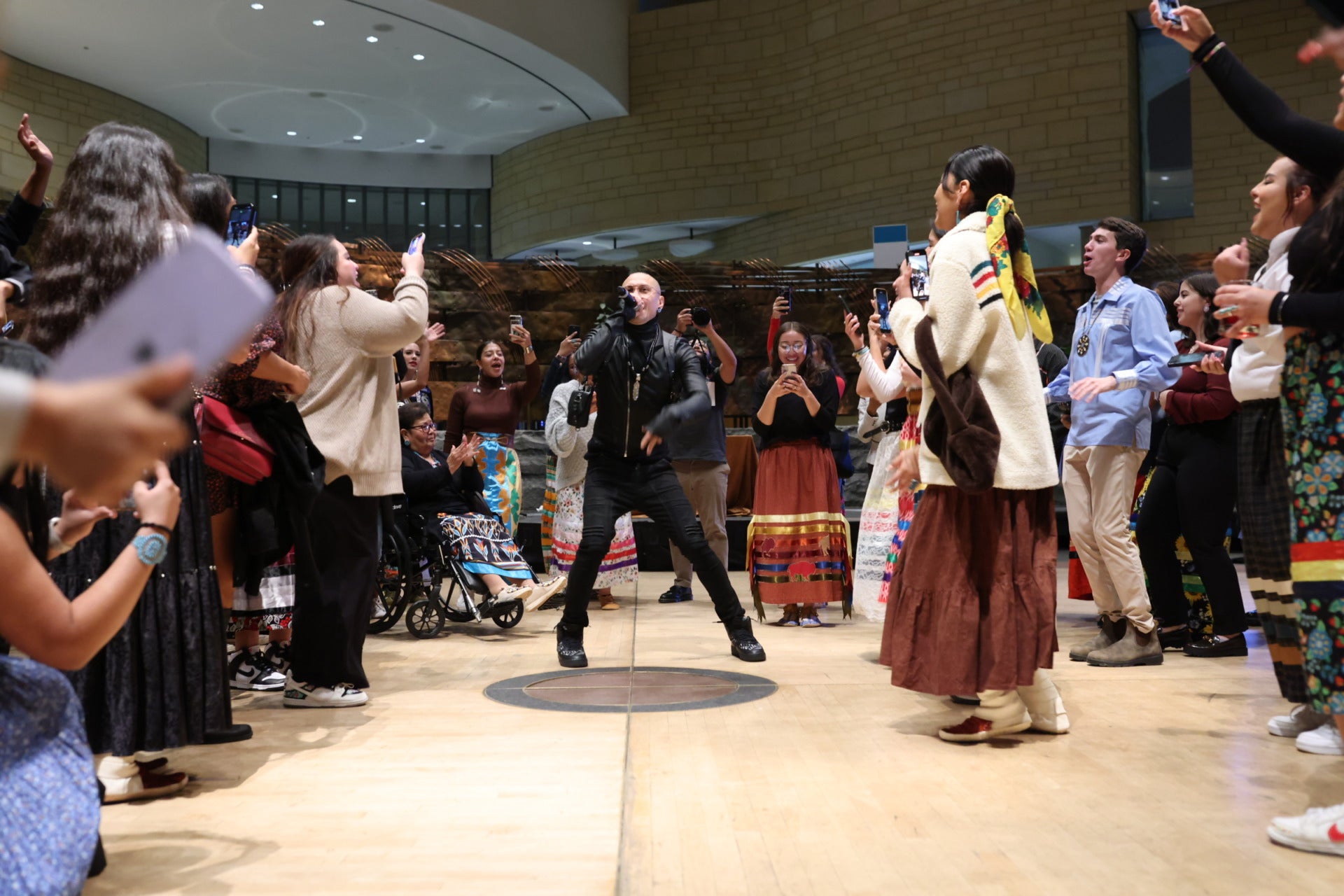Erin Bailey is the director of the Center for Native American Youth at the Aspen Insitute.
Amid the controversy surrounding “Adoptive Parents v. Baby Girl,” the Supreme Court case regarding the Indian Child Welfare Act, the Center for Native American Youth will hold an event at the Aspen Institute—and stream it live online—on June 6, from 12 to 1:30PM EST, titled, Indian Child Welfare – Highlighting the Invisible. This timely dialogue will speak to the disparity American Indian and Alaska Native children face in the child welfare system today.
“The issue of Indian child welfare is of critical importance to the future of the more than 550 Indian tribes in this country,” said Senator Byron Dorgan, who will moderate the panel discussion. “What is more precious to a population than its children?”
According to recent racial equity reports on the child welfare system, state agencies remove American Indian and Alaska Native children at three times the rate of other children in the welfare system. Additionally, these youth are more than twice as likely to be sent to foster care as children of other races, even those in similar circumstances. Further, an investigative report by NPR illustrated that, in South Dakota, these removals often occur under questionable circumstances of cultural bias, and result in 90 percent of American Indian and Alaska Native children in foster care being placed in non-Native homes.
In 1978, more than one-third of American Indian and Alaska Native children were in foster care. That year, Congress passed a law, the Indian Child Welfare Act (ICWA), to address the long history of removal of these children from their families and tribes. The law established a unique set of procedures to ensure that Native children are placed with immediate or extended family members, other tribal members, or in other Native American homes.
A panelist, Seanna Pieper-Jordan, who is a former foster youth and member of the Blackfeet tribe of Montana, will share her perspective on Indian child welfare. “I have started a process of healing from the generational trauma and cultural disconnect,” she said.
The Center’s June 6 event hopes to illustrate the importance of Native youth stories such as hers and the continued relevance of ICWA, as well as to discuss current challenges and successes related to enforcement and compliance. The Center aims to ensure Native American youth and tribal voices do not remain invisible in the national dialogue.
“I want to make sure the voice of the invisible—the Native foster youth—is heard at a national level because child welfare isn’t just about the system,” remarked Seanna. “It’s about families, connections to culture, and love surrounding a child.”
If you would like to participate in the discussion please RSVP to cnayrsvp@aspeninst.org, watch the live webcast aspeninstitute.org/live, or follow the conversation on Twitter @AspenInstitute.

